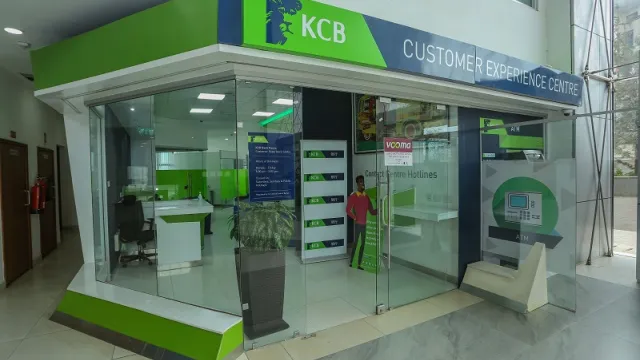IFC, KCB Sh18 billion deal set to boost climate-smart financing in Kenya

IFC, KCB Sh18 billion deal set to boost climate-smart financing in Kenya
KCB Bank Kenya and the International Finance Corporation (IFC) have entered into an agreement that will help accelerate the growth of climate finance in Kenya by increasing credit for businesses addressing climate change.
The IFC will extend a $150 million loan (about Kes18 billion) to KCB Bank Kenya to fund the growth of the bank’s climate finance portfolio, with a specific focus on financing the development of energy efficiency projects, renewable energy, climate-smart projects, and green buildings.
Through the partnership, IFC will support the regional bank to come up with a climate finance strategy and build its capacity for climate risk assessment and reporting.
"We continue to play our role in climate mitigation and adaptation in Kenya in the realization that business is no longer just about profits but ensuring that we also take care of our environment, ensuring sustenance of the current and future generations,” said KCB Group CEO Paul Russo.
“KCB is stepping in to help businesses curtail the adverse impacts of climate change, thus boosting economic growth, food security, and job creation in Kenya and building resilience,” he explaned.
Kenya has committed to cutting national greenhouse gas emissions by 32 percent through integrating climate change adaptation into national and county-level development planning by 2030.
At the moment, the country remains vulnerable to climate change and the latest World Bank Kenya Economic Update estimates that up to five million people need food assistance due to drought and rising food insecurity in the Horn of Africa.
Read also: Rising food, fuel prices push inflation to 8.5 percent in August
The Banking sector regulator, Central Bank of Kenya, (CBK) says that climate-related financial risks can significantly lead to an increase in a bank’s credit risk profile largely due to the rising prevalence of severe floods, droughts, among other disasters that can dent a borrowers’ assets or impair supply chains.
“Extreme weather events can also increase the operational risk for banks due to disrupted business continuity from negatively impacted bank’s infrastructure, systems, process and staff,” the CBK notes on climate-related risk management advisory to the industry.
The regulator is asking banks to rollout governance, oversight and risk management strategies to ready the industry for climate-related risks
“Recurring natural disasters like droughts and floods have impacted the livelihoods of Kenyans and the country’s economic development. The private sector can play a significant role by mobilizing financial resources to help finance the country’s green transition," said Amena Arif, IFC Country Manager for Kenya.
"Our partnership with KCB Bank Kenya will increase access to climate finance in the country and enable the development of more green projects that support Kenya to respond to the effects of climate change and shift to a greener development model."
IFC is committed to growing its climate-related investments globally to an annual average of 35 percent of its own account in three years and working with financial institutions to finance projects supporting mitigation and adaptation.
A 2019 IFC report estimated that Nairobi has an $8.5 billion climate investment opportunity for the period 2018 to 2030—$5 billion of which lies in electric vehicles and the rest in public transport, green buildings, water, renewable energy, and waste.
The loan to KCB is part of IFC’s growing work in Kenya to increase the amount of climate financing available.



